Getting a tattoo is an exciting process that can be transformative for both your body and spirit. But did you know that what you’ve eaten prior to getting inked could impact the experience? Eating certain foods before a session may help reduce pain, improve healing, and even make your design look better longer. The right pre-tattoo meal isn’t just about nutrition: it’s about having a positive experience so that you love your artwork from ink to aftercare! So what should one eat before they get tattooed? Read on as we explore some of the best choices for your pre-tattoo meal preparation.
What Should You Eat and Drink Before a Tattoo Session
First and foremost, hydration is crucial. Water assists in maintaining healthy skin elasticity and resilience, which can influence the tattooing process and the resulting aesthetics. Drink plenty of water before your session to promote better skin health.
When it comes to actual food, lean proteins are a good choice. Foods like chicken, turkey, tofu, or eggs are rich in protein and can help your body cope with the stress of getting a tattoo. Protein aids in tissue repair and can help your body heal faster post-inking.
Consuming Vitamin C-rich foods like oranges, strawberries, and bell peppers can aid wound healing and boost your immune system, which will be working overtime to heal your new tattoo. Similarly, Vitamin A, found in foods like sweet potatoes and spinach, promotes skin health and could potentially enhance your tattoo’s appearance.
Don’t forget to include healthy fats in your pre-tattoo meal. Foods like avocados, nuts, and fish contain Omega-3 fatty acids, which can reduce inflammation and aid in healing.
Avoid alcohol and caffeine before your tattoo session as they can thin your blood and cause excessive bleeding. This not only makes the tattooing process more difficult but also can affect the quality of the design.
Remember, everyone’s body is different, and these are general guidelines. Listen to your body and eat what feels right for you. Always follow the advice of your tattoo artist and health professional.
Lastly, remember to eat well. Getting a tattoo on an empty stomach can lead to dizziness or fainting. So, make sure to have your meal a few hours before the session to allow for proper digestion and energy distribution.
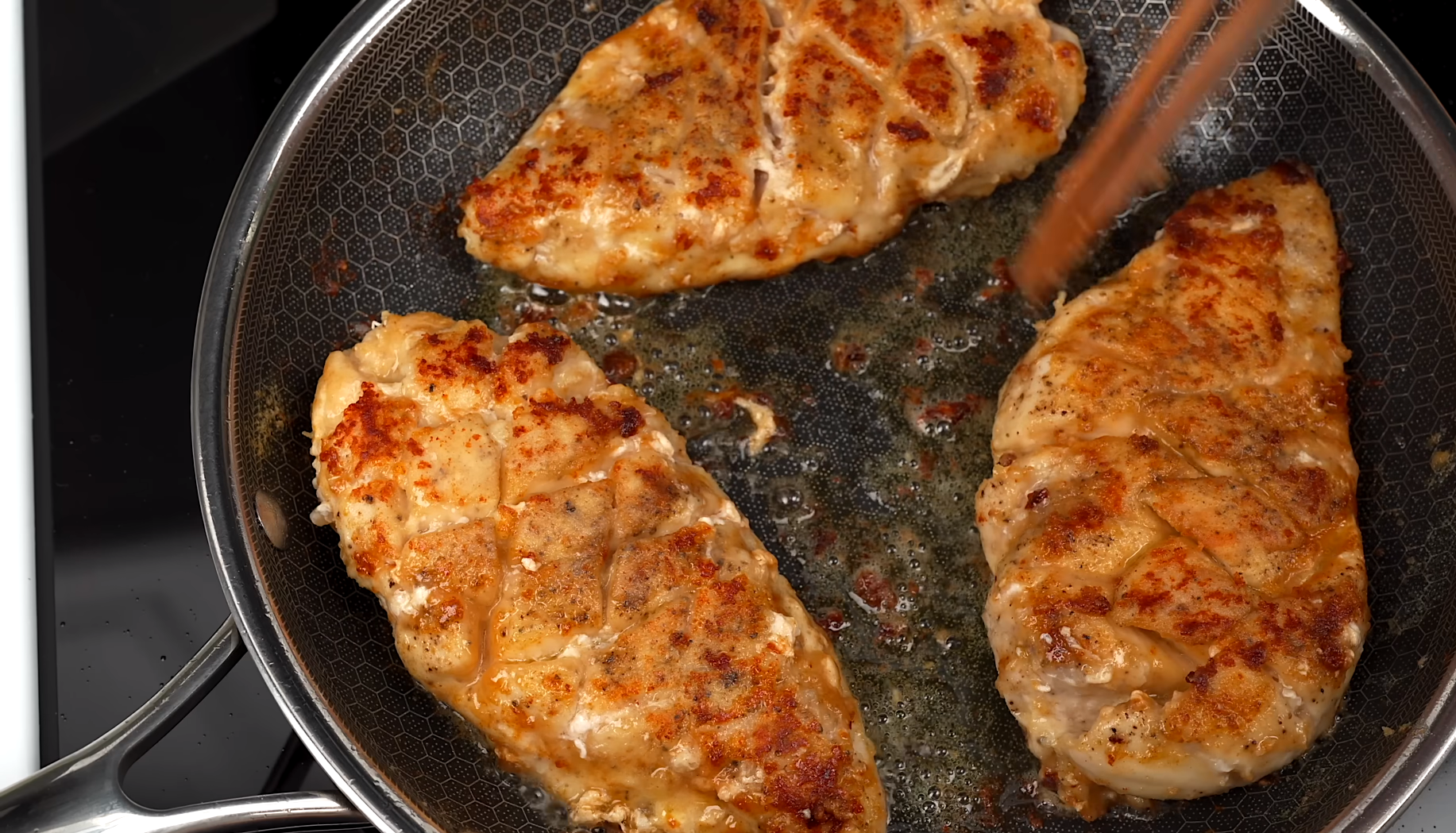
What to Eat and Drink When Getting a Tattoo
Maintaining optimal nutrition during the actual tattooing process is also vital. Here are some suggestions:
Hydrate, Hydrate, Hydrate: Just as before, hydration remains key during the tattooing process. Keeping your skin hydrated will make it easier for the tattoo artist to do their job and will support your skin’s overall health. [1] Opt for water or electrolyte-replenishing drinks, but avoid anything with caffeine or alcohol.
Snacks: Having some snacks on hand is a good idea, especially for longer tattooing sessions. Opt for snacks that are rich in protein and complex carbohydrates. For instance, a handful of nuts can provide a quick burst of energy and also supply your body with healthy fats.
Fruits: Fruits like bananas and apples are excellent choices. They are packed with vitamins and fiber, providing you with sustained energy and supporting your immune system during the process. Plus, they are easy to eat and won’t create a mess in the tattoo studio.
Dark Chocolate: Yes, you did read that correctly! Dark chocolate, particularly the ones containing high levels of cacao, has natural anti-inflammatory properties that can help your body cope with the inflammation caused by the process. Plus, it’s a comforting treat that can assist in easing any jitters or nerves.
Remember, the tattooing process can be taxing on the body. So, nourish yourself well, listen to what your body needs, and ensure you’re optimally hydrated and energized. This will not only improve the tattooing experience but also enhance the healing process afterward. Always consult with your tattoo artist for any specific dietary advice pertaining to your session.
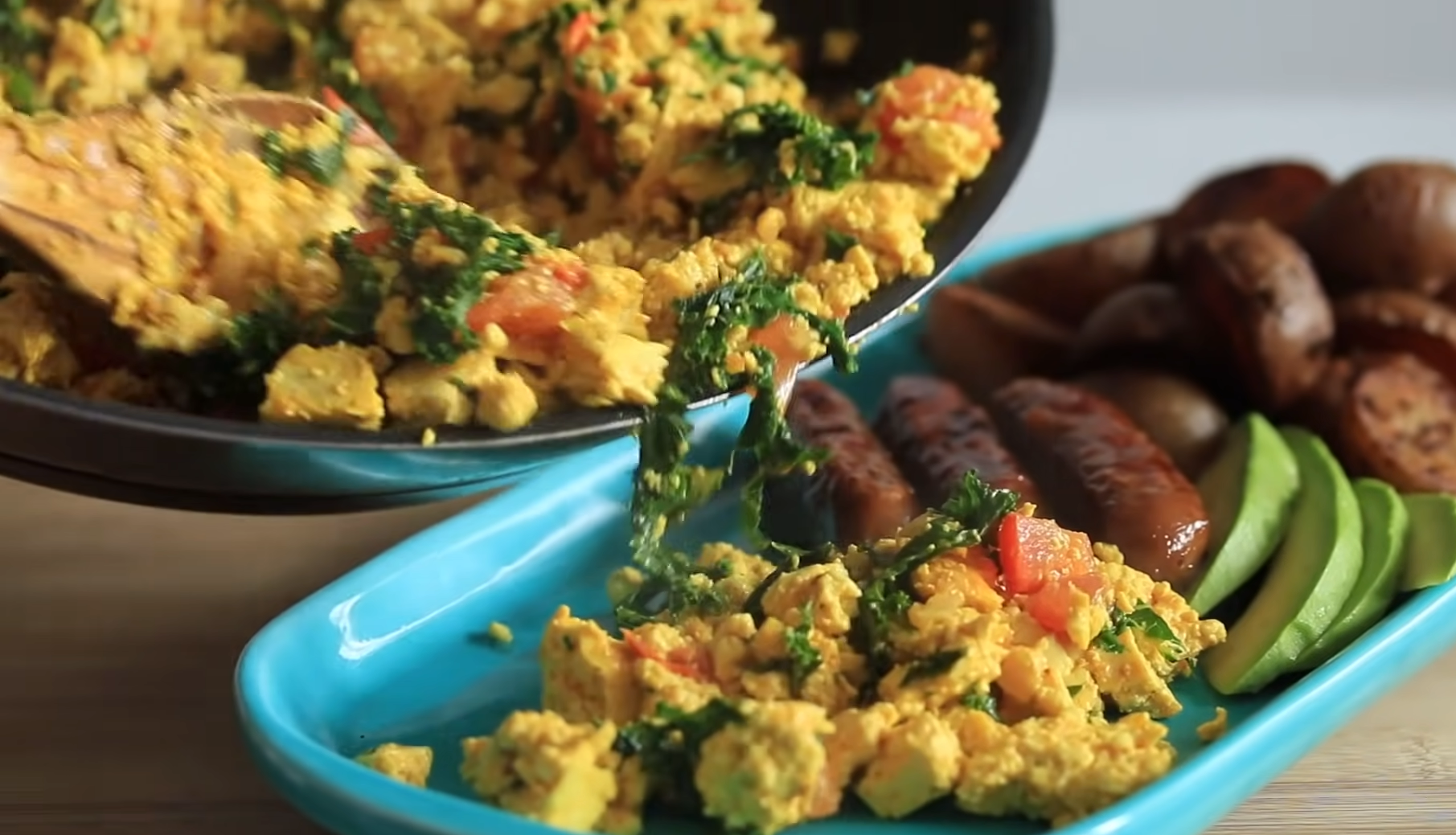
Make sure you eat beforehand
Eating before your tattoo session is vitally important. It’s not simply a matter of staving off hunger for a few hours; it’s about preparing your body for a physically demanding process. When you get a tattoo, your body sees it as a wound and sends out an immune response to deal with it. This requires energy, and if you haven’t eaten, your body may not have the fuel it needs to handle the stress effectively.
A balanced meal a few hours before your session could make the difference between a smooth, comfortable process and a challenging one. Aim for a combination of protein, complex carbohydrates, and healthy fats. For example, a piece of grilled chicken with roasted sweet potatoes and avocado would be a good choice. This kind of meal provides slow-release energy, helps keep your blood sugar levels steady, and can help prevent dizziness or lightheadedness during the tattoo session.
Don’t forget to continue hydrating before, during, and after your tattoo session. Dehydration can make your skin less resilient and can make the tattooing process more painful. It can also delay healing. So, keep that water bottle close by and sip regularly. Remember, a well-nourished body will not only handle the tattooing process better but also heal faster afterward. So, make eating and hydration a priority before your tattoo session.
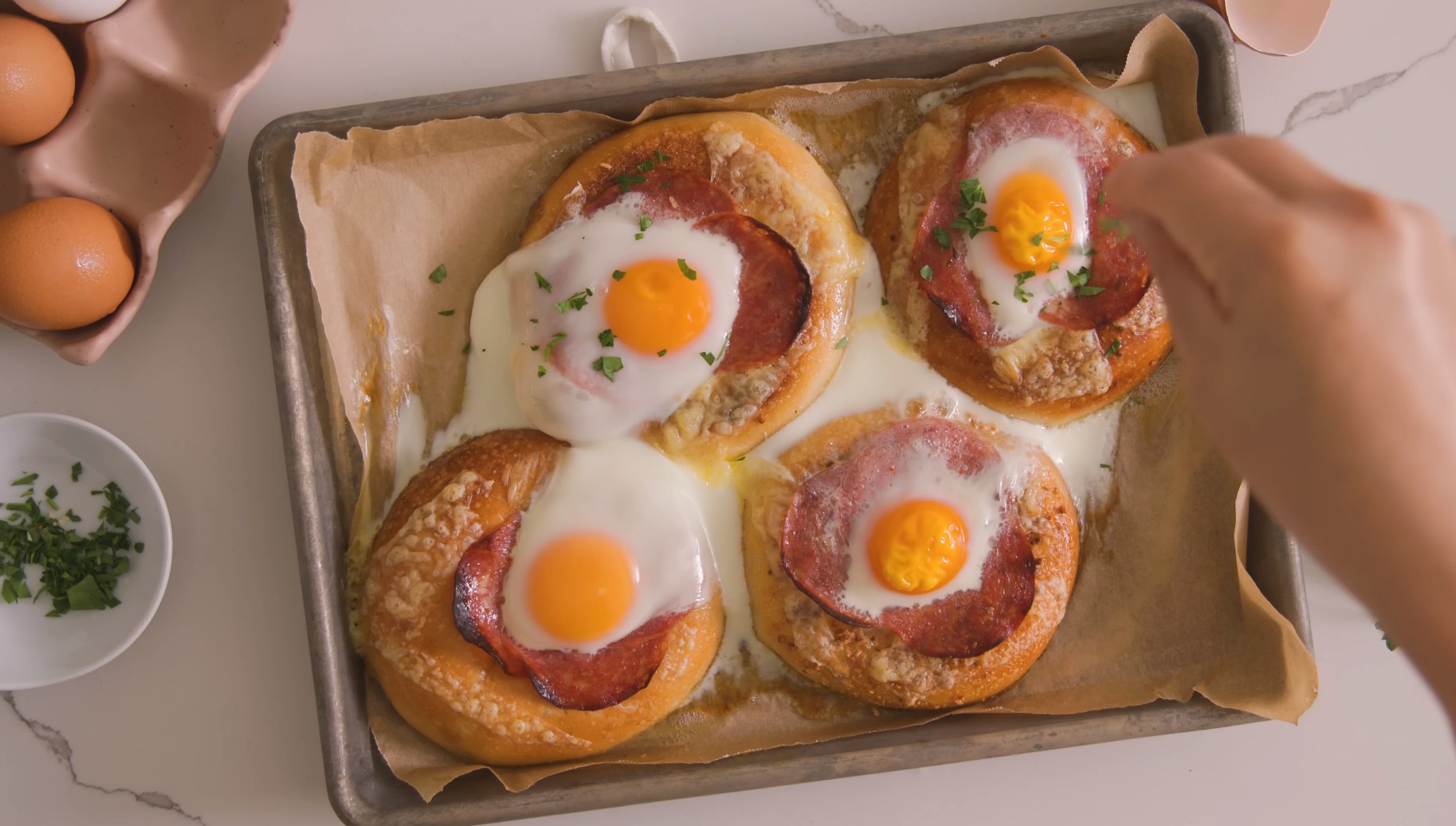
Embrace the protein
Protein is a significant element when preparing for a tattoo. Your body needs protein to help repair and build tissues, making it especially crucial during the tattoo healing process. When a tattoo is created, a wound is formed, and the body needs to repair this ‘wound’. Consuming adequate amounts of protein can help speed up the healing process by providing the necessary building blocks for tissue repair. Good sources of protein include lean meats, fish, eggs, dairy products, legumes, and soy products. [2]
It’s also worth noting that some proteins contain added benefits. For example, fish and eggs are not only high in protein, but they also contain omega-3 fatty acids, which can help reduce inflammation. Remember that everyone’s nutritional needs are different, and it’s always a good idea to consult with a healthcare provider to understand your personal dietary requirements better. So, embrace the protein and support your body, particularly during the tattooing process and healing period. It can make a tangible difference in your overall experience and comfort.
Arrive hydrated
Hydration is crucial when preparing for your tattoo session. The human body is made up of approximately 60% water, it’s a vital element for all major bodily functions.
- Stay Hydrated: Water plays an essential role in skin health; it maintains skin elasticity and suppleness, which can support the tattooing process. A well-hydrated skin surface allows the tattoo needle to penetrate more smoothly, making the process more comfortable for you and easier for the artist. Moreover, hydration promotes faster healing since water aids in the delivery of nutrients to the cells that are needed for repairing the skin after the tattoo process.
- Impact on Pain and Healing: Dehydration can also impact your perception of pain. When the body is dehydrated, it can intensify the discomfort experienced during tattooing. Staying adequately hydrated may help reduce the amount of pain you feel, making the process more manageable.
- Hydrating for Recovery: Post-tattoo, hydration is equally crucial. Water supports the immune system, which is essential for wound healing. It also helps flush out any toxins or impurities from the body, which could potentially impact the healing process.
- How to Hydrate: So, how can you ensure you are sufficiently hydrated? Start increasing your water intake in the days leading up to your appointment. Aim to drink at least 8 glasses of water per day, but remember your needs may vary depending on factors like your age, gender, weight, and activity level. Also, remember to drink plenty on the day of your appointment.
- What to Avoid: Avoid drinks that can dehydrate you, such as alcohol and caffeinated beverages. These substances can increase your risk of bleeding during the process and can hinder the healing process post-session.
Avoid the hangover
Avoiding a hangover before your tattoo appointment is highly recommended for a number of reasons. Primarily, alcohol is a blood thinner, which can lead to excessive bleeding during the tattoo process. Excessive bleeding can make it difficult for the tattoo artist to do their job properly, and it can also cause the ink to be pushed out, leading to a faded tattoo. [3] Furthermore, being hungover can heighten your sensitivity to pain, making the tattooing process more uncomfortable than it needs to be.
Alcohol can also severely dehydrate you, which, as we’ve discussed earlier, can lead to problems during the tattooing process and the healing process afterward. A body recovering from a hangover is a body under stress, and adding the physical stress of getting a tattoo could make for a rough time. Plus, your body’s defense mechanisms are focused on recovering from the effects of alcohol, which means they won’t be able to respond as effectively to the healing process of the tattoo.
In addition, the consequences of a hangover include nausea, headaches, and dizziness, all of which can make sitting for a tattoo session quite uncomfortable. This could cause you to move around more, which can interfere with the precision of the tattoo artist and potentially lead to a less-than-perfect result.
Lastly, if you’re hungover, there’s a good chance you’re not going to be in the best frame of mind for making decisions. This could affect your judgment regarding the design, size, or placement of your tattoo.
In conclusion, for the best possible tattoo experience and outcome, it’s wise to avoid alcohol in the days leading up to your tattoo session. Remember, the process of getting a tattoo is not just about enduring the session itself; it’s about ensuring your body is in the best possible condition to heal and maintain the artwork long after you’ve left the tattoo studio. Avoid the hangover and give your body the best chance to handle the tattooing process and recovery.
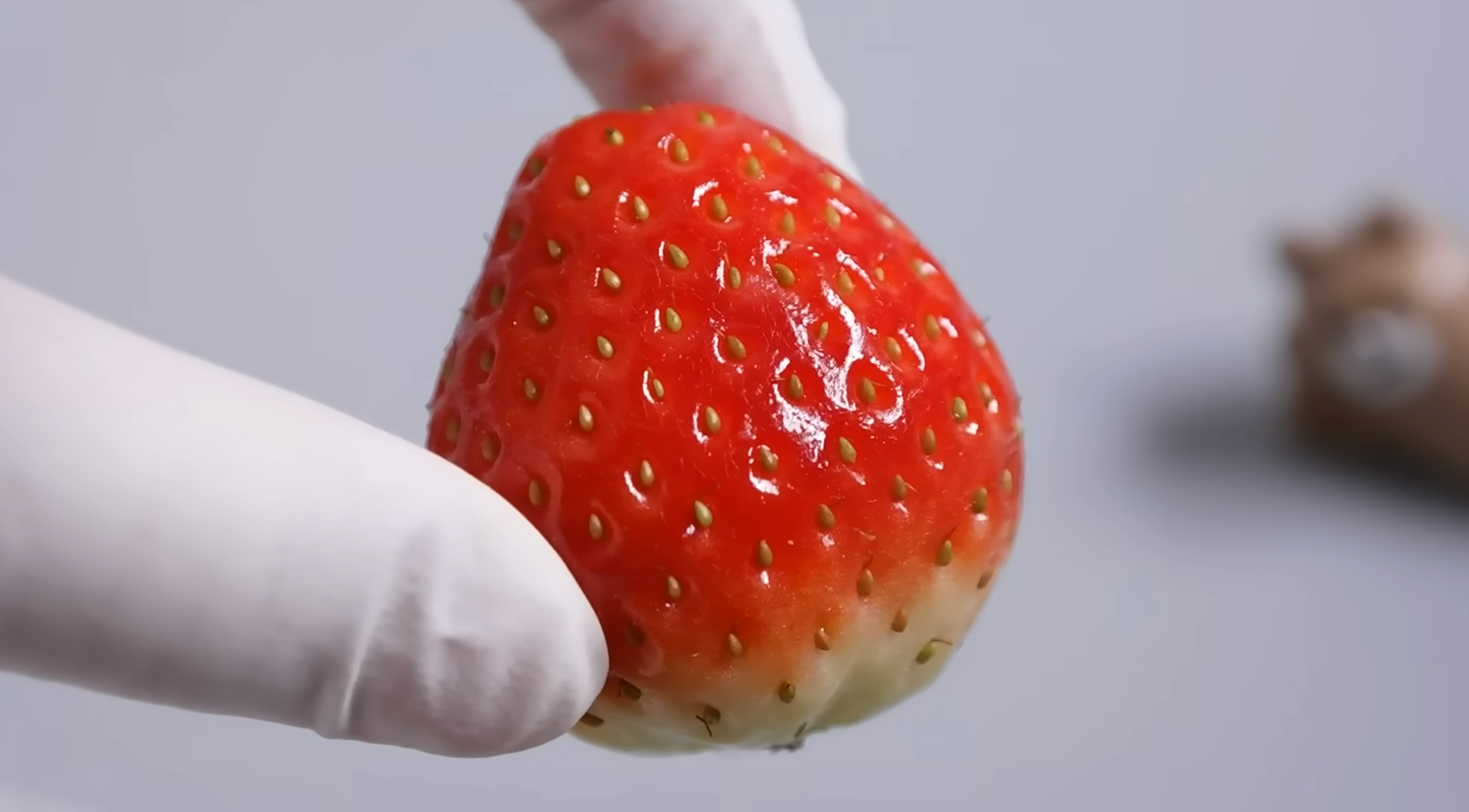
Avoid coffee and energy drinks
Just like alcohol, coffee, and energy drinks are not your allies when it comes to preparing for a tattoo session. They can have several adverse effects that can compromise your experience and the healing process post-tattoo. Caffeine, the primary component in both coffee and energy drinks, is a stimulant. This means it can increase your heart rate and blood pressure, which can subsequently lead to a higher sensitivity to pain. Feeling more discomfort during the tattooing process can make the entire experience more taxing for you.
Caffeine can also increase bleeding during the tattooing process. [4] Like alcohol, caffeine has blood-thinning effects. Increased bleeding can make the tattooist’s job more challenging and potentially affect the quality of the tattoo. More blood can cause the ink to run or not be absorbed properly, which can lead to a faded or blotchy tattoo.
Energy drinks not only contain caffeine but also other stimulants like taurine, and high levels of sugar. The combination of these can cause a quick energy boost, followed by a significant crash. This crash can leave you feeling tired and lethargic during your tattoo session, which is not ideal.
Keep your Vitamin C levels up
Vitamin C, also known as ascorbic acid, is a critical nutrient that plays a significant role in the body’s healing process, especially in skin health and wound recovery, making it vital for those preparing for a tattoo session.
Vitamin C is a potent antioxidant that aids in protecting the skin from damage, including the type of skin trauma caused by the tattooing process. It is crucial for the synthesis of collagen, the main protein in your skin, and connective tissues. Collagen is integral to the wound healing process; a healthy production helps ensure your new tattoo heals properly and efficiently.
Maintaining adequate levels of Vitamin C in your body requires a diet rich in this nutrient. Foods known for their high Vitamin C content include citrus fruits, broccoli, bell peppers, spinach, and strawberries. Supplements are also available if you suspect your daily intake might fall short of the recommended daily dosage.
Remember, Vitamin C is water-soluble, meaning it dissolves in water and is transported throughout the body. This makes staying well-hydrated even more crucial. In essence, the combination of sufficient hydration and vitamin C intake can go a long way in ensuring an efficient healing process post-tattoo.
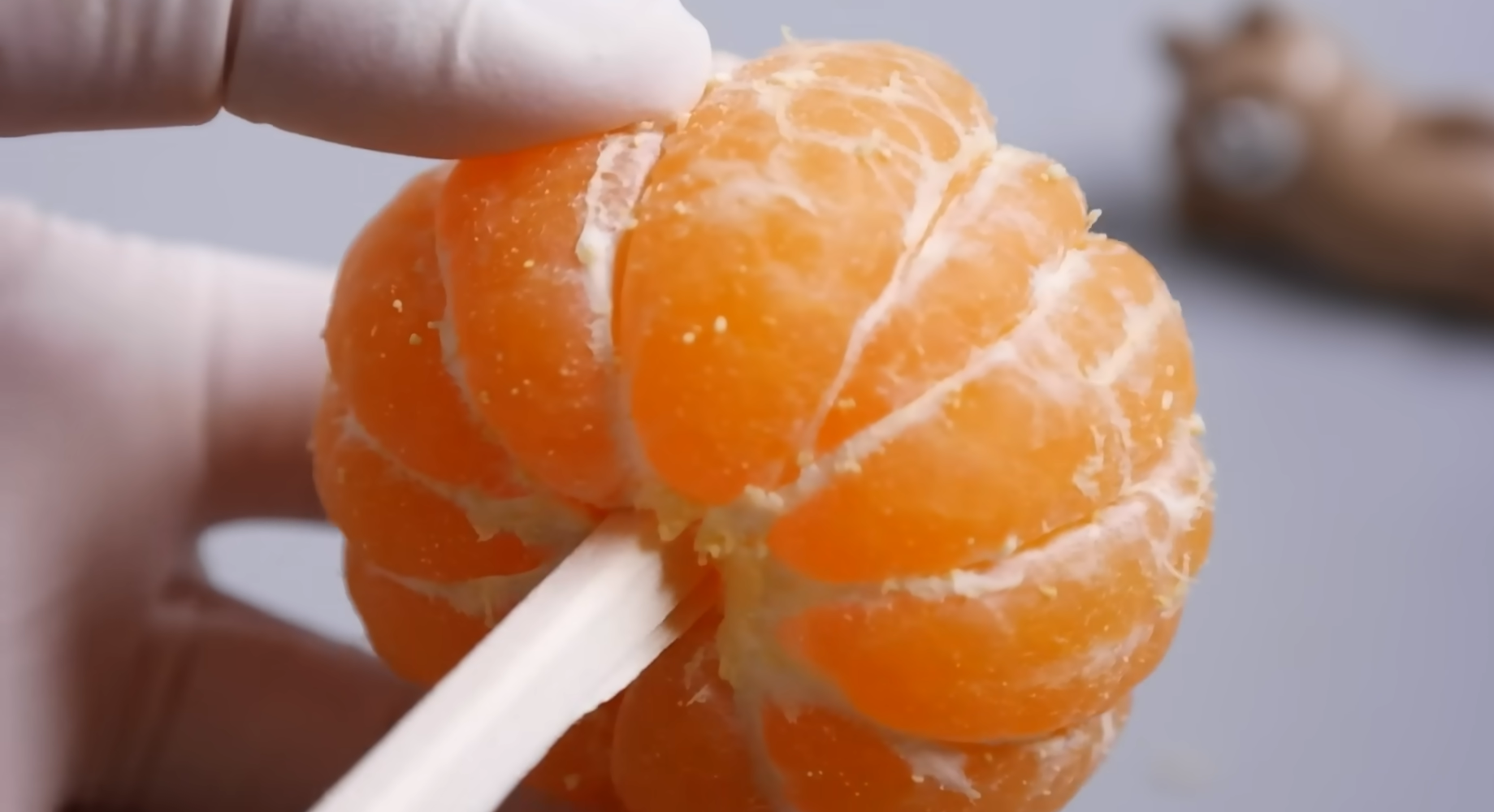
Prepare your skin
Preparing your skin for a tattoo is one of the most crucial steps to ensure a great tattoo experience and a smooth healing process. Adequate skin preparation involves several steps, including cleaning, moisturizing, and avoiding sun exposure.
Cleaning Your Skin: The first step in preparing your skin for a tattoo is to thoroughly clean the area where the tattoo will be placed. Use a mild, unscented soap to avoid irritating the skin. It is important to remove any dirt or oil that could interfere with the application of the tattoo. After washing, gently pat the area dry with a clean towel.
Avoiding Sun Exposure: Sunburned or overly tan skin is not ideal for getting a tattoo. The sun’s rays can make your skin more sensitive and can lead to complications during the tattooing process. Therefore, in the weeks leading up to your session, it’s advisable to minimize sun exposure to the area you plan to tattoo. If you do need to be out in the sun, apply a high-SPF sunscreen to the future tattoo area.
Avoiding Skin Irritants: In the week leading up to your tattoo session, avoid anything that could potentially irritate your skin. This includes products with harsh chemicals, such as certain soaps, perfumes, or lotions. It’s also a good idea to avoid shaving the area right before your session, as this can irritate the skin.
On the Day of the Session: On the day of your tattoo session, ensure your skin is clean but avoid applying moisturizer unless directed by your tattoo artist. The area should be clean, dry, and free of any lotions or oils.
In conclusion, preparing your skin for a tattoo involves a regimen of gentle cleaning, moisturizing, and protecting the skin from sun exposure. By following these steps, you can help ensure a smoother tattoo process and a better healing experience.
Avoid the pain by arriving prepared
Managing the pain and discomfort associated with getting a tattoo starts with arriving well-prepared for your session. One of the effective strategies is to get a good night’s sleep before your appointment. Lack of sleep can increase sensitivity to pain, so make sure you’re well-rested. Eating a hearty meal an hour or two before your session can also make a significant difference. A stable blood sugar level can help you handle the pain more effectively.
Avoid consuming alcohol or caffeine, as these can thin your blood and increase sensitivity to pain. Additionally, wearing comfortable clothes can help you remain relaxed during the session, further helping in pain management. Remember, your mental readiness plays a crucial role too, so arrive with a positive mindset, ready to embrace the process. Preparation can turn your tattoo session from a daunting experience into an exciting one.
Frequently Asked Questions
Can you eat anything before getting a tattoo?
Yes, it’s highly recommended to have a substantial meal before your tattoo session. A balanced meal containing protein, complex carbohydrates, and healthy fats can help stabilize your blood sugar levels, preventing you from feeling light-headed or nauseous during the session. Avoid consuming alcohol or excessive caffeine prior to your appointment as they can thin your blood and heighten your sensitivity to pain.
What should you not do before getting a tattoo?
Before getting a tattoo, there are several things you should avoid to ensure a smooth process and effective healing. Firstly, don’t consume alcohol or caffeine as these substances can thin your blood and increase sensitivity to pain. Secondly, avoid sun exposure to your future tattoo area, as sunburned or overly tanned skin is not perfect for tattooing. Thirdly, don’t shave the area right before your session as this can irritate the skin. Lastly, avoid coming to the session on an empty stomach; make sure to eat a substantial meal beforehand to stabilize blood sugar levels and prevent discomfort.
Should I eat and drink water before a tattoo?
Yes, it’s essential to eat a substantial meal and stay well-hydrated before getting a tattoo. Eating stabilizes your blood sugar levels, hence preventing dizziness or fainting during the session. Hydrating, on the other hand, keeps your skin healthy and resilient, which can positively impact the ease of the tattooing process and the subsequent healing. However, avoid drinking alcohol as it can thin your blood and potentially complicate the procedure.
Useful Video: What to eat before having a tattoo
Conclusion
In conclusion, the process of getting a tattoo extends beyond the actual inking session. Preparation plays a critical role in both the ease of the process and the effectiveness of the healing period. By taking the proper steps to prepare your skin, manage pain, and ensure your body’s readiness, you can turn what could be a daunting experience into a more comfortable and exciting one. Proper nutrition, adequate sleep, and attentive skin care are not only beneficial for the tattooing process but can also contribute to an overall healthier lifestyle. Remember, a tattoo is a lifelong commitment; it’s worth taking the time to ensure you’re fully prepared for this journey.
References:
- https://www.blackhivetattoo.com/tattoo-facts-aftercare/
- https://www.healthline.com/nutrition/high-protein-foods
- https://www.storiesandink.com/blogs/journal/drinking-alcohol-before-after-tattoo
- https://authoritytattoo.com/drinking-caffeine-before-tattoo/


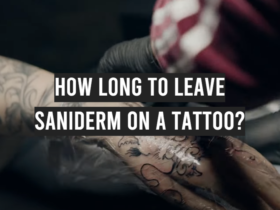
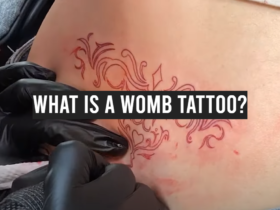

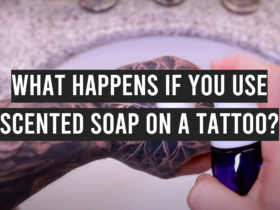
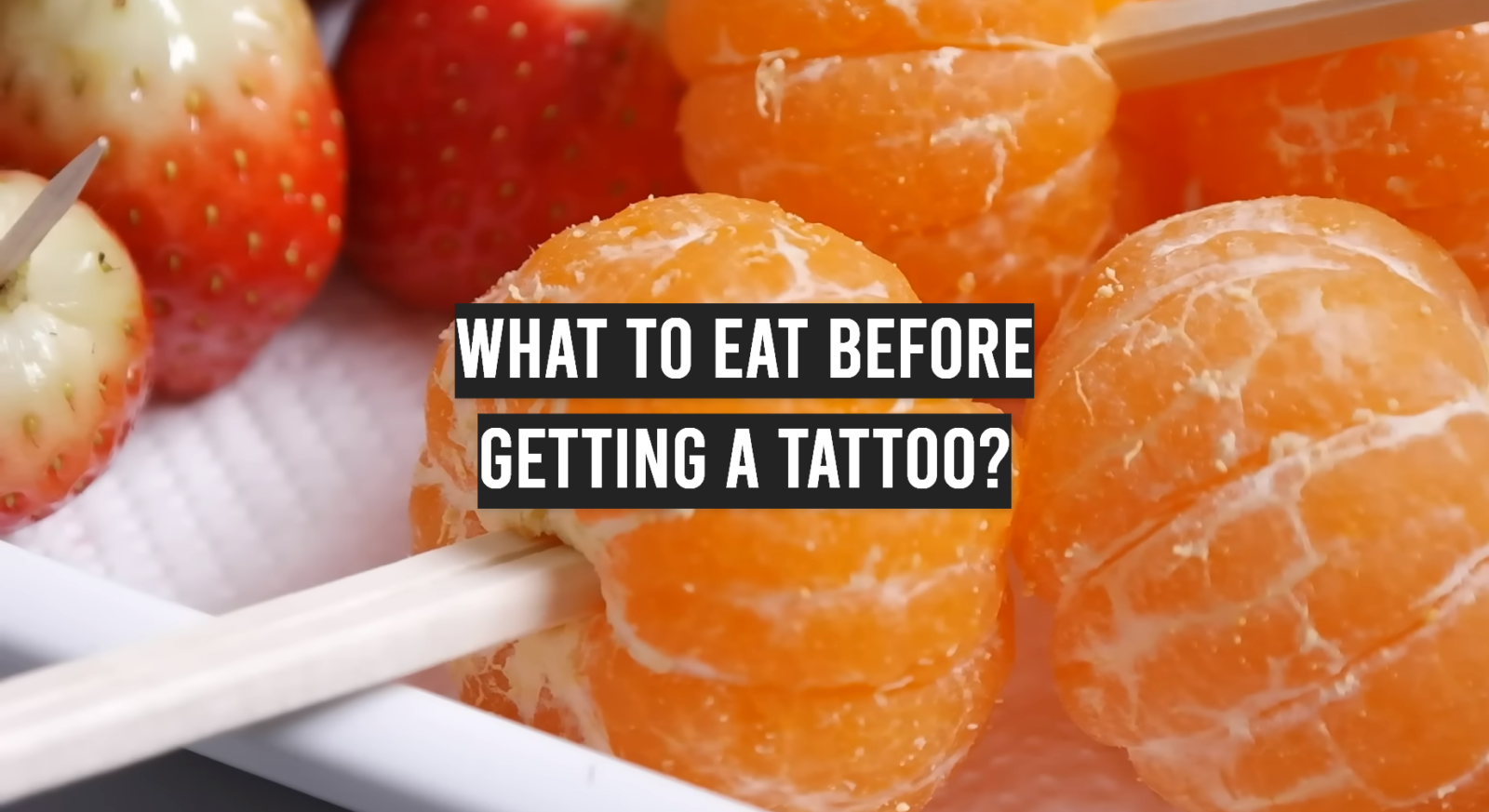
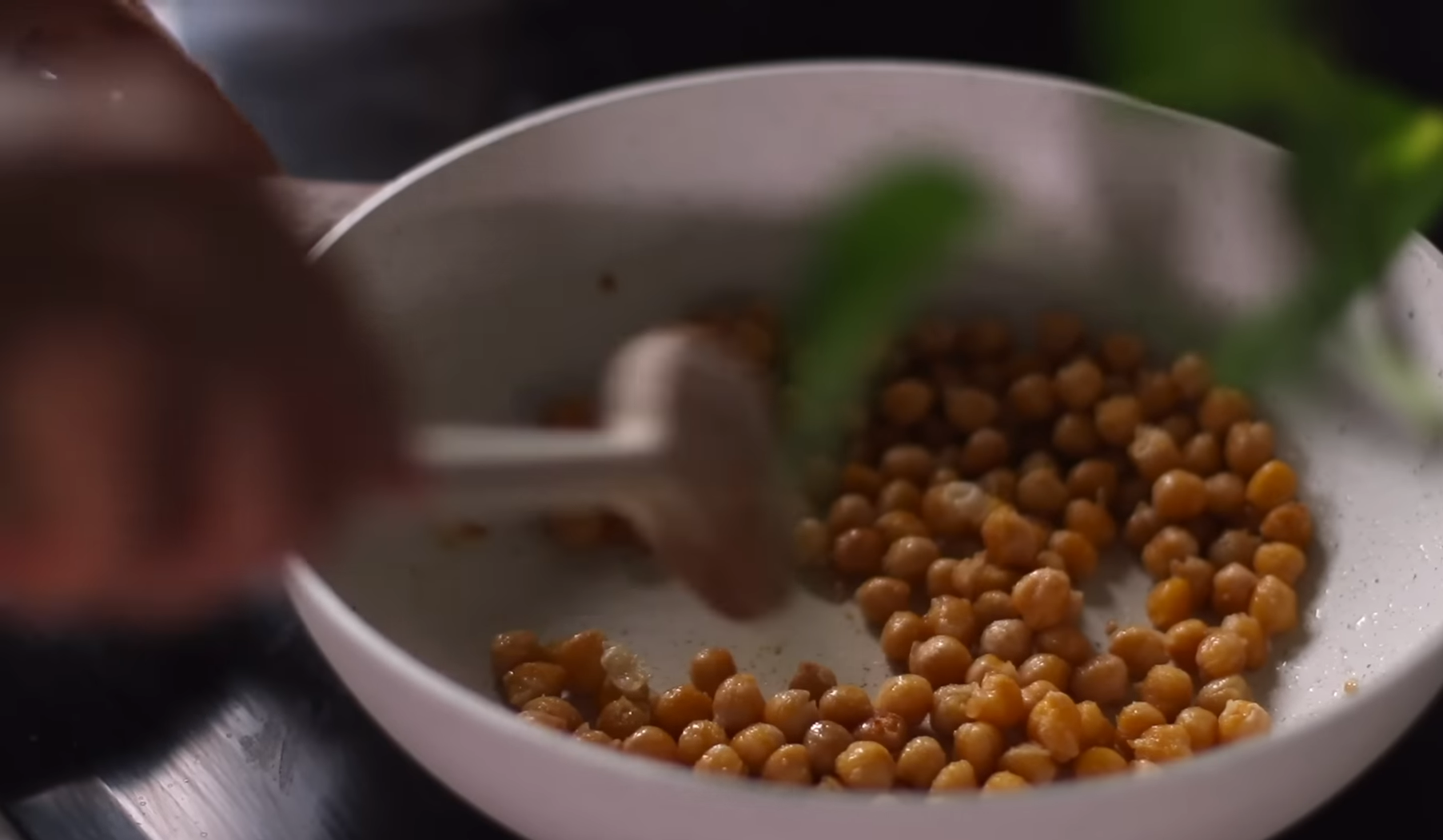

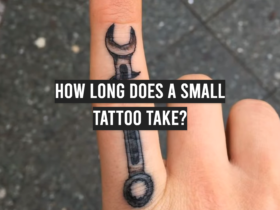
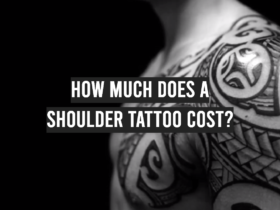

Leave a Review